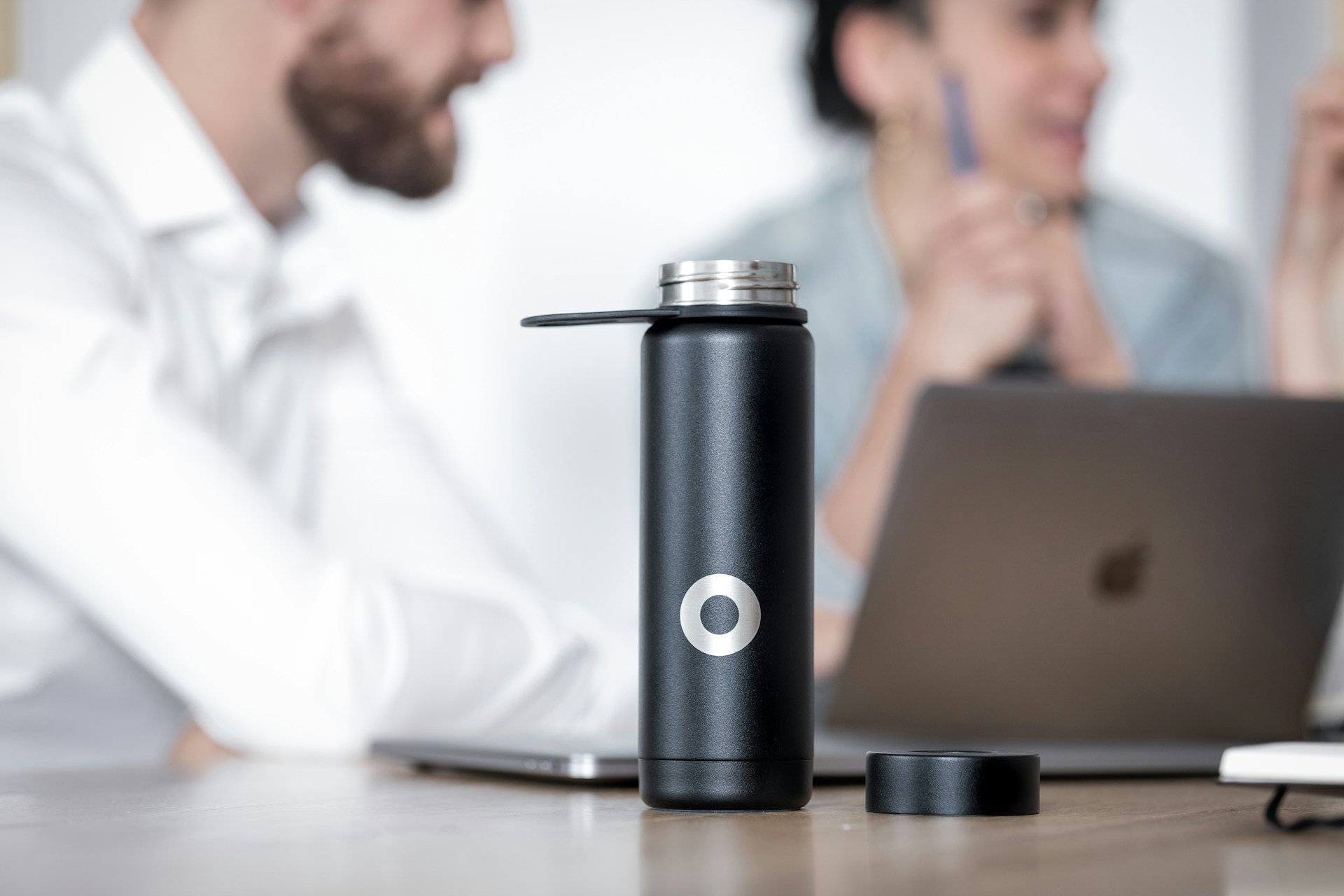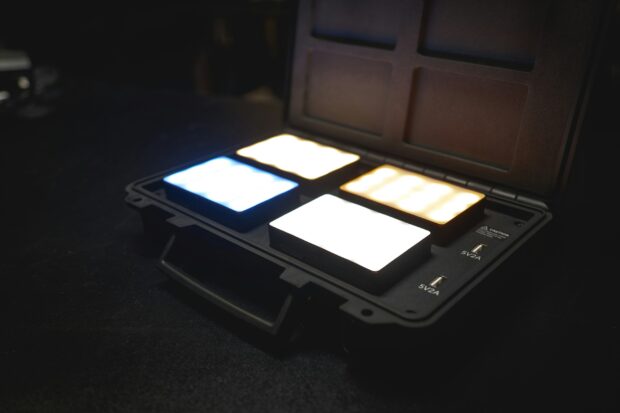
Hydration isn’t just about drinking a lot of water. While water intake is vital, there’s much more to proper hydration than meets the eye. From maintaining electrolyte balance to accommodating individual lifestyle factors, staying fully hydrated helps your body reach peak performance and ensures overall well-being.
This article dives into the nuances of hydration, offering practical hydration tips that go beyond the “8 glasses a day” rule. Read on to discover why hydration is essential, what else your body needs, and how you can hydrate effectively.
Why Hydration Is Essential for Your Body
Every system in your body depends on water. Staying hydrated helps:
- Regulate body temperature
- Transport nutrients to your cells
- Improve cognitive function
- Flush out toxins
- Keep joints lubricated
Yet despite being essential for survival, many people misunderstand what it means to stay properly hydrated. Dehydration, whether mild or severe, can lead to fatigue, difficulty concentrating, headaches, or even more serious health complications.
Here are key factors that influence hydration and how to address them.
Electrolyte Balance Is Key
Beyond water intake, maintaining electrolyte balance plays a critical role in staying hydrated. Electrolytes include minerals like sodium, potassium, calcium, and magnesium. These nutrients help maintain your body’s fluid balance and support nerve and muscle function.
Signs of Imbalanced Electrolytes
- Muscle cramps
- Fatigue and weakness
- Rapid heart rate
- Dizziness or confusion
How to Maintain Electrolyte Balance
- Consume Electrolyte-Rich Foods
Include fruits like bananas and oranges, vegetables such as spinach and celery, and dairy products.
- Use Electrolyte Drinks Sparingly
Sports drinks can replenish lost electrolytes but often contain added sugars. Opt for low-sugar alternatives labeled as “electrolyte-enhanced water.”
- Monitor Sweating After Activity
Intense exercise or hot weather leads to excess sweating, resulting in lost sodium and potassium that need to be replenished.
Hydration isn’t just about replacing water; your body also loses essential electrolytes through sweat and bodily fluids. Remember to replace both water and electrolytes, especially post-exercise.
Facts About Water Intake
You’ve heard it before – drink more water. But how much is “enough”? The answer depends on multiple factors, such as age, body size, activity level, and climate.
The National Academies of Sciences, Engineering, and Medicine recommend about 3.7 liters (125 ounces) of total water intake per day for men and 2.7 liters (91 ounces) for women. This includes water from beverages and food.
Tips for Optimizing Your Water Intake
- Don’t Wait to Feel Thirsty
Thirst is a late indicator of dehydration. Keep sipping water throughout the day.
- Flavor Your Water
Add cucumber slices, lemon, or mint to make water more appealing.
- Invest in a Quality Water Bottle
A reusable bottle makes it easier to track how much water you’re drinking.
Consistency is key. Align your intake with your lifestyle rather than relying on one-size-fits-all formulas.
Foods That Help Hydrate
Hydration doesn’t only come from what you drink. A significant portion of your water intake can come from food. Many fruits and vegetables are high in water content, making them excellent additions to your daily diet.
Water-Rich Foods to Include
- Cucumber (96% water)
- Watermelon (92% water)
- Strawberries (91% water)
- Lettuce (95% water)
Pairing water-rich foods with regular water consumption gives your body a hydration boost while providing fiber and essential nutrients.
Hydration Tips for Active Lifestyles
If you lead an active life, hydration becomes even more critical. Whether you’re an athlete, a busy professional, or someone running errands all day, your hydration needs will differ from the average person.
Pre-Activity Hydration
Drink at least 16–20 ounces of water 2–3 hours before exercise. This ensures your body is adequately hydrated before you hit the gym, go for a run, or start an intense yoga session.
During Activity
For every 15–20 minutes of moderate to vigorous activity, aim to drink 7–10 ounces of fluids. If you sweat heavily or exercise in hot environments, consider a drink with electrolytes.
After Activity
Rehydrate within 30 minutes post-exercise by consuming water and replenishing electrolytes. Coconut water is a natural option that’s low in calories and sugar but rich in potassium. Pairing hydration tips with proper nutrition will help optimize your energy levels.
When Water Alone Isn’t Enough
Water alone is not always sufficient for hydration, especially when intense physical activity, illness, or extreme temperatures are involved. Supplementing your normal hydration routine with oral rehydration solutions may be necessary in these cases.
Oral rehydration solutions contain the ideal proportion of electrolytes and sugars to combat dehydration effectively. Choose options without excessive added sugars to avoid unnecessary calories.
Avoid Common Hydration Mistakes
It’s easy to make mistakes when it comes to hydration. Here’s what to avoid:
- Overhydration
Drinking excessive water in short periods can dilute sodium levels in your blood, leading to a condition called hyponatremia.
- Relying Solely on Water
Focusing only on water could mean neglecting electrolyte replenishment, especially during intense activity.
- Ignoring Early Signs of Dehydration
Symptoms like dry skin, dark urine, and fatigue are your body’s way of telling you to hydrate.
Small Changes Could Transform Your Hydration Habit
Being hydrated is about balance. By incorporating these hydration tips and paying attention to both water and electrolyte balance, you set yourself up for optimal health and energy levels.
Start small by tracking your daily water intake or introducing one water-rich food to your meals. Notice what works best for your lifestyle and make adjustments accordingly.
For business professionals, athletes, and anyone balancing a hectic schedule, hydration plays an essential role in maintaining physical health and mental clarity. By addressing hydration holistically, you can tackle the day with renewed energy and focus.







